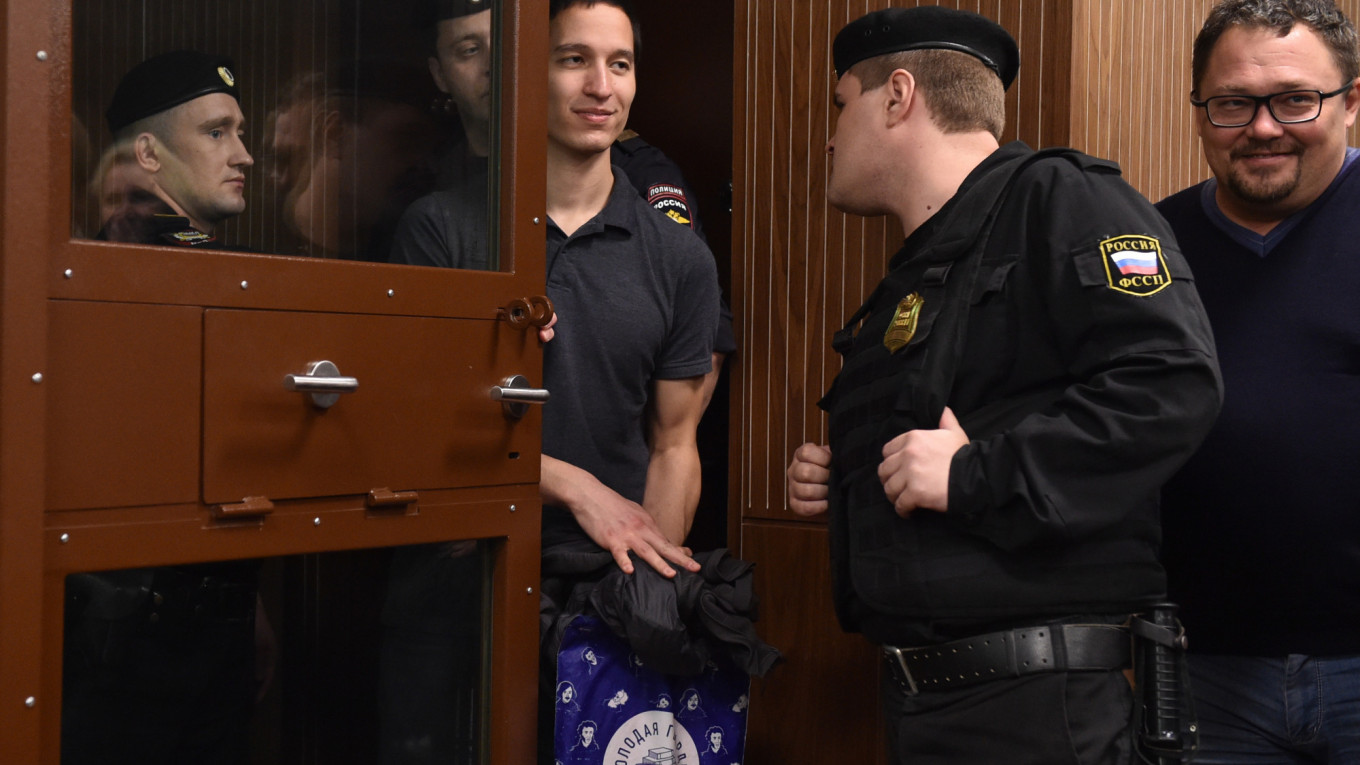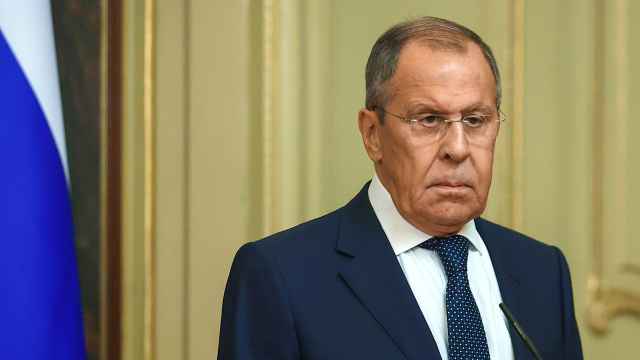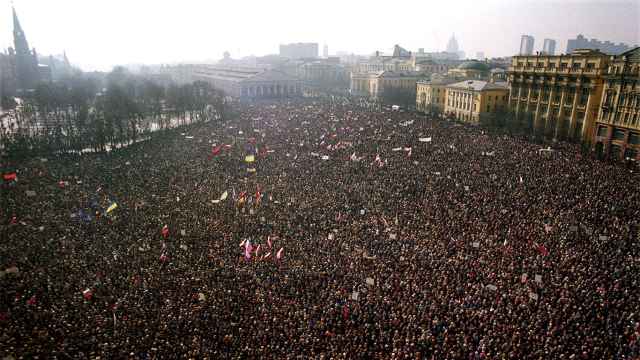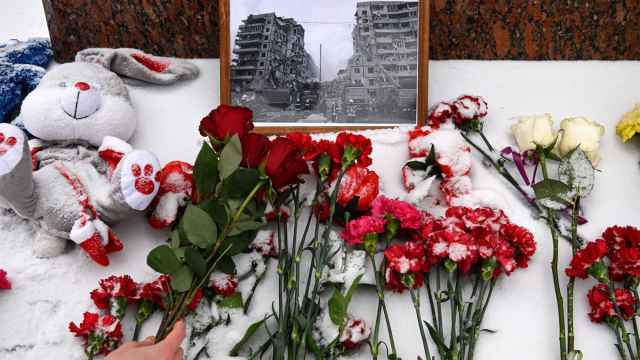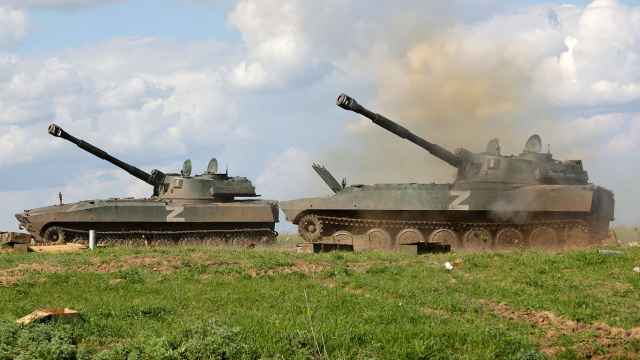Russia’s regional elections are over, and the second wave of court cases of those arrested over protests in Moscow in the run-up to the elections is under way. The first wave ended on September 5, when computer programmer Konstantin Kotov was sentenced to four years in prison for taking part in unsanctioned protests. If anyone had a remaining glimmer of hope that after the elections the courts would pay more attention to the letter and spirit of the law, then they were sorely mistaken.
In the first ruling following the elections, Pavel Ustinov, a twenty-four-year-old actor, was given three and a half years in prison on September 16 for assaulting a law enforcement officer, though footage of his arrest shows he did no such thing. It seems there are new systemic trends within Russia’s apparatus of repression, as well as a possible swing in the public mood on this issue.
The first trend is that the authorities have completely stopped investigating (never mind opening criminal cases into) accusations of the unjustified use of force against detainees. Proof of this is the young man whose leg was broken during his arrest, the girl who was punched in the stomach as she was being detained (a video of this went viral), and multiple other publicly listed cases of clearly excessive force for which no one has been held accountable and which were not even investigated.
This isn’t a new trend, of course, but it now seems to be state policy.
The second trend is the outright refusal by judges to admit (or even view) what the defense claims is evidence that clears the defendant, as in the cases of both Kotov and Ustinov. Usually this is video evidence, including that obtained by submitting an official request, i.e., from city surveillance cameras. As a result, these videos have been widely shared on social media, and anyone can now see for themselves videos of both Kotov and Ustinov being detained.
Both videos show without a doubt that the two young men now sentenced to spend years of their lives in prison were neither rioting nor resisting arrest. It looks like an order has been issued at the top, and the subordination of Russian judges to the state is no secret.
Another important change is the mass reclassification of political protest cases — which would previously have been counted as more minor “administrative” violations — as more serious crimes.
We are used to judges reviewing administrative court cases en masse following protests, ignoring the defense’s arguments, and basing their rulings on reports of arrests that are highly dubious from a legal point of view. This kind of ruling has been handed down in similar cases for the last seven years, usually costing the defendant several thousand rubles (less than $100), or tens of thousands of rubles, or twenty-four hours in jail. But now we’re talking about years in prison.
The sentences themselves are also suspicious. Unconnected people detained under differing circumstances, and who reacted in different ways to the charges (some denied them, some pleaded guilty, having been told by their lawyers they would get a more lenient sentence), are all getting two to four years in prison. This is clearly a dictate from above, as fair legal proceedings could never produce such results.
The harsh treatment of those arrested at the Moscow protests has not failed to impact on the public mood.
It’s no big surprise when people like journalist Yuri Dud, theater director Kirill Serebrennikov, and film critic Anton Dolin speak out at an awards ceremony over the Moscow protests and demand freedom for political prisoners.
But even Tina Kandelaki, a well-connected television presenter who can sniff out a fashionable trend a mile away, has joined them, calling the judges in the Kotov case “unfeeling machines.” Not even the most pro-Kremlin channels on the Telegram messaging app could bring themselves to express approval of the actor Ustinov’s sentence, though they had no such qualms about Kotov, an activist for the liberal Yabloko party.
Actors from the capital’s many theaters also spoke out in support of Ustinov at the end of performances as soon as he was sentenced. With this second wave of sentences over the protests, people generally far removed from politics — as well as those closer to it, but from the Kremlin side — are gradually starting to say things that just yesterday seemed seditious, but which today are bad form not to support.
The Moscow protests were originally sparked by the authorities refusing to register opposition candidates for elections to the city’s parliament that were held on Sept. 8.
Now, just as the heavy-handed actions of the police and security services helped change public opinion in favor of the protesters, the sentences being handed out — including to people who clearly just happened to be passing by the protests — are helping to consolidate that public opinion.
By September, the criminal cases brought against Moscow protesters had stopped being described as a “second Bolotnaya case” (referring to court cases that followed protests on Moscow’s Bolotnaya Square in 2012, in which over thirty people were charged with rioting and sentenced to up to four years in jail), and rightly so, because it was a false analogy. We have entered a new phase.
In the old phase, the strategy was not to touch the protest leaders, but to put ordinary people behind bars — to discredit those leaders, among other things. The leaders were then to be dealt with one by one, and a variety of methods used to incite all others involved to leave the country.
In the Bolotnaya case trials, the judges did not permit themselves to discard evidence quite so openly. The cases lasted for months, and evidence was presented by all sides — and that evidence did not include paper cups thrown at law enforcement officers being presented as dangerous violence, as in the current cases.
In this new era, opposition leaders are still apparently protected from lengthy jail terms: It seems the authorities prefer to put them away more frequently for shorter sentences.
But this time around, completely random passersby are being jailed: so far, this applies to all those sentenced over the Moscow protests, with the exception of Kotov, the Yabloko activist.
Another difference this time around is the lack of serious interest in the new Moscow protests from the global community. This is seemingly linked to factors including anti-Putinism fatigue that is now equal to Putin fatigue, and the small scale of the protests when compared with Hong Kong.
The sudden loosening of the vise ahead of the elections, when some cases were dropped and, in others, the charges were changed to less serious ones, points to the fact that within the administrative section of the apparatus of repression, there is no consensus on the best way to reduce the protest mood.
This is further attested to by some of the videos of protesters being detained, which could not have been filmed by random witnesses: They resemble police footage, and they have been made available to lawyers and the general public.
What is clear is that the faction urging for harsh repression currently has the upper hand. This will impact not just the prevailing mood of protest but also the state of the Russian justice system, which was already lamentable. The justice system is one of the cornerstones that forms a nation — as well as a double-edged sword that may also, like a boomerang, one day swing back.
This article first appeared in Carnegie Russia.
A Message from The Moscow Times:
Dear readers,
We are facing unprecedented challenges. Russia's Prosecutor General's Office has designated The Moscow Times as an "undesirable" organization, criminalizing our work and putting our staff at risk of prosecution. This follows our earlier unjust labeling as a "foreign agent."
These actions are direct attempts to silence independent journalism in Russia. The authorities claim our work "discredits the decisions of the Russian leadership." We see things differently: we strive to provide accurate, unbiased reporting on Russia.
We, the journalists of The Moscow Times, refuse to be silenced. But to continue our work, we need your help.
Your support, no matter how small, makes a world of difference. If you can, please support us monthly starting from just $2. It's quick to set up, and every contribution makes a significant impact.
By supporting The Moscow Times, you're defending open, independent journalism in the face of repression. Thank you for standing with us.
Remind me later.



